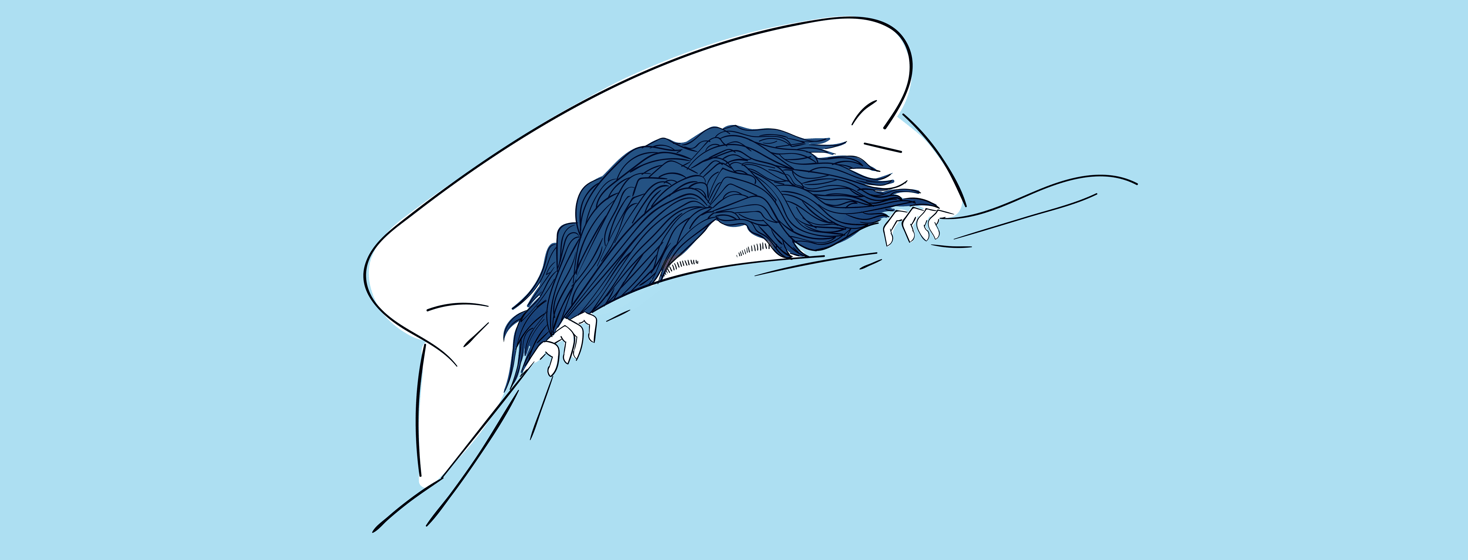Bedding Options for Atopic Eczema
It has been a long day, and all you want to do is climb into your bed and fall into a deep sleep. Instead, you find yourself tossing and turning and attempting to get comfortable and feel less itchy. Could a different set of sheets help make this nighttime struggle a little better? We took a look to see what bedding options might be good for those affected by atopic dermatitis.
Best fabrics for eczema relief
You probably already knew this, but certain fabrics can irritate the skin of those with atopic dermatitis, causing it to flare. So, what things are good to look for when picking out fabric for your sheets? Lightweight, smooth, and breathable fabrics are your friend. Why? Breathable and lightweight fabrics allow for the skin to not get too hot while sleeping, as trapped heat may cause someone to sweat, which can trigger an atopic dermatitis flare. Fabrics that aren't smooth, whether this is due to the material or due to wear and tear to the sheets, can be abrasive on sensitive skin and may be the culprit for a flare. Two natural fibers that can be good choices for sheets are cotton and bamboo.
Cotton sheets
Cotton sheets can be a great option as they are breathable and will hold up through all those washes. When looking at the label, 100% cotton or 100% organic cotton will let you know that the sheets are not a cotton blend, meaning they could have some synthetic fabrics mixed in. Cotton is a great material as it’s flexible, comfortable, helps control moisture, and will still keep you warm.
Bamboo sheets
You may not believe that sturdy bamboo that is nearly impossible to remove from your yard actually makes a very lightweight, soft and (bonus) eco-friendly option for bed sheets. Like cotton, bamboo provides good airflow, but also will hold up after several washes. Similar to cotton, it allows airflow and is easy to wash and maintain. Fun fact: bamboo is naturally antimicrobial and is moisture absorbing so it will be less likely to cause irritation at night and trigger a flare.
Blankets, duvets, and pillows
Duvets and pillows can be problematic for those with atopic dermatitis. Typically duvets and pillows are filled with feathers or polyester, the polyester may be problematic as it doesn't allow for any breathability and feathers can be problematic if you have any additional allergies or suffer from asthma. Quilts or cotton duvets that are also filled with cotton may be a better option as a blanket or duvet.
Hypoallergenic pillows
When it comes to choosing a pillow, this can be a little more challenging. Hypoallergenic and anti-allergy labels might be good to look for, but these labels are to let people know that the materials the pillows are made of are less likely to trigger allergies, but that doesn't necessarily mean that the pillow will be good for atopic dermatitis.
Nighttime routine for eczema
Washing your sheets regularly in hot water and with a laundry detergent that works for you atopic dermatitis is important. Another good tip is to encase your entire mattress and box spring, if you use one, in a protective cover to keep our potential irritants. Having a regular nighttime cleansing and skin care routine that includes moisturizing your skin can help you feel more comfortable when you cozy up in your bed.

Join the conversation